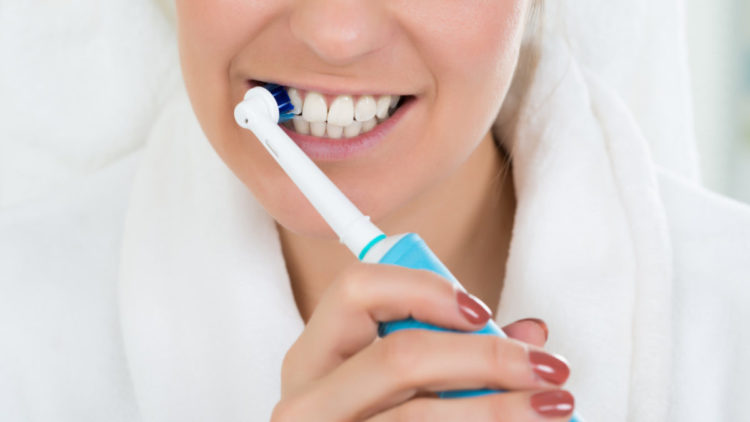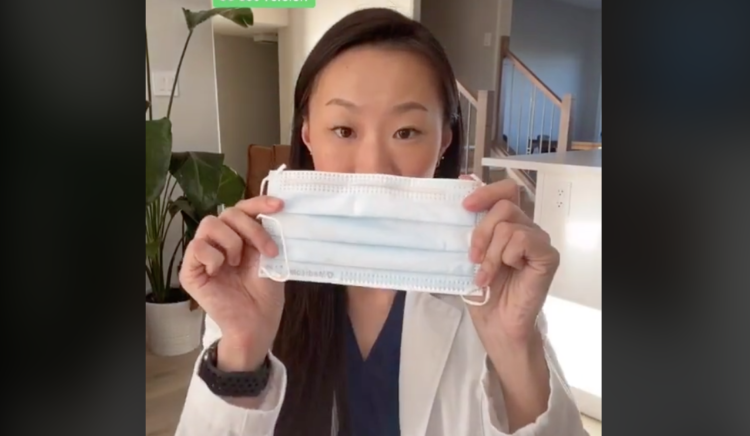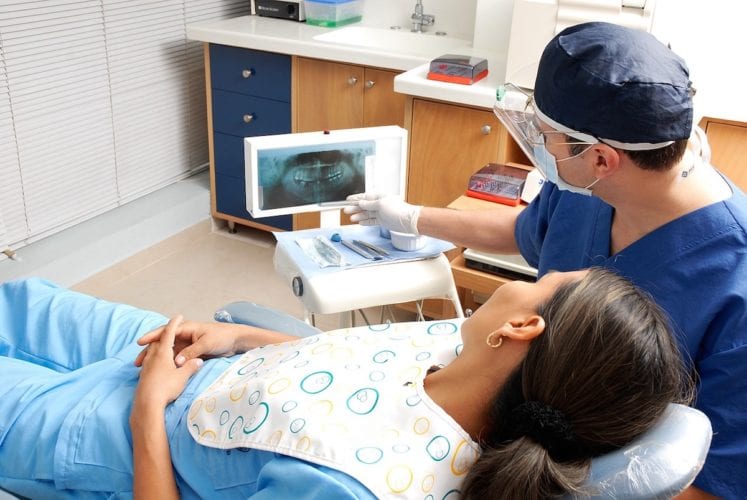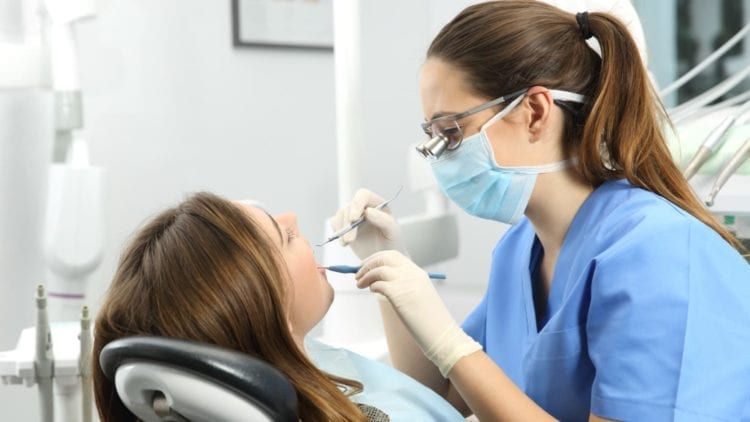Say What? Dental Floss May Not Be All It’s Cracked Up To Be
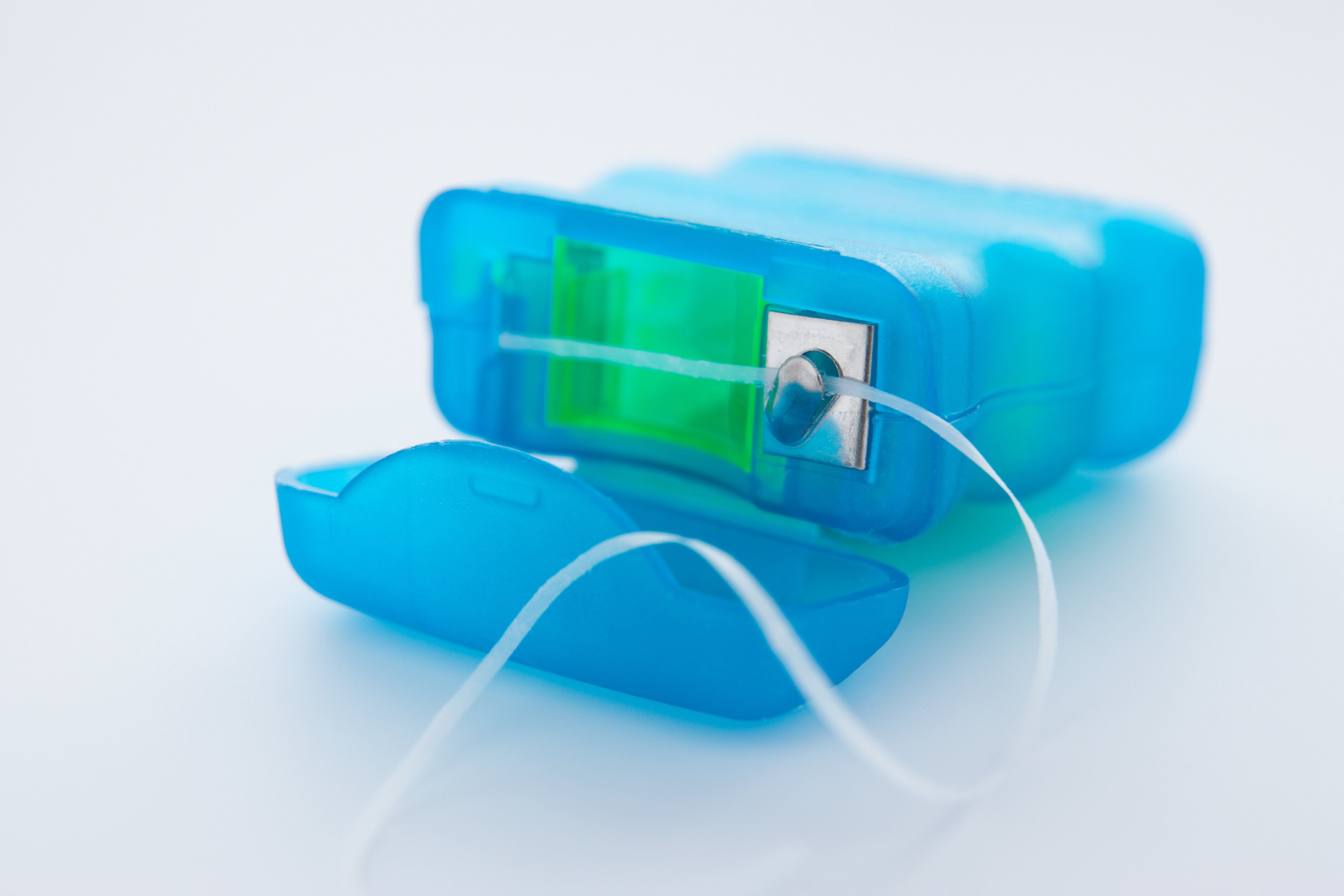
If you’ve ever gone to the dentist, then you know the shame of having to lie extravagantly when asked how often you floss. Of course, the dentist always knows you’re lying (there’s that distinctly “Macbeth”-esque sign of blood that tips them off), and you’re forced to promise to do better or absolutely all of your teeth will fall out. Well, new research suggests this whole charade may not be necessary.
A recent investigation by the Associated Press looked at 25 separate studies and concluded that the benefits of dental floss are largely unproven. For nearly the past 40 years, the federal government has recommended daily flossing—but these guidelines have to be supported by scientific evidence. In a surprise move, the federal government dropped its flossing guidelines this year, telling the Associated Press that, “the government acknowledged the effectiveness of flossing had never been researched, as required.”
Well, shoot. Why have we been buying all this floss, then? And according to Gizmodo, it’s a heck of a lot of floss—the global market for dental floss is expected to reach almost $2 billion next year, and half of that market is within the United States.
Based on the AP’s rather damning investigation that scoured the best research from the past decade, the evidence for flossing is described as everything from “weak, very unreliable,” to being of “very low” quality, and “carries a moderate to large potential for bias.”
Another ironic piece of the puzzle: The Associated Press discovered that dental floss manufacturers are having trouble finding convincing evidence to support their claims that flossing is essential—this made all the more delicious by the fact that a majority of the research is actually funded by those same companies. For example, Procter & Gamble supported statements that flossing “fights plaque and gingivitis,” but used proof (in the loosest sense of the word) from a two-week study that was “deemed irrelevant” during a research review in 2011. And “Johnson & Johnson spokesman Marc Boston said floss helps remove plaque. When the AP sent him a list of contradicting studies, he declined comment.” Yikes.
So should you run to the bathroom and throw out all your floss this instant? Probably not. It’s not that flossing isn’t likely beneficial, it’s just that the science required to prove it is relatively weak. A dentist from the National Institutes of Health told the AP that the floss guidelines may be dropped eventually, but not until more research is conducted. For now, he says people should still floss, saying, “We know there’s a possibility that it works, so we feel comfortable telling people to go ahead and do it.”


